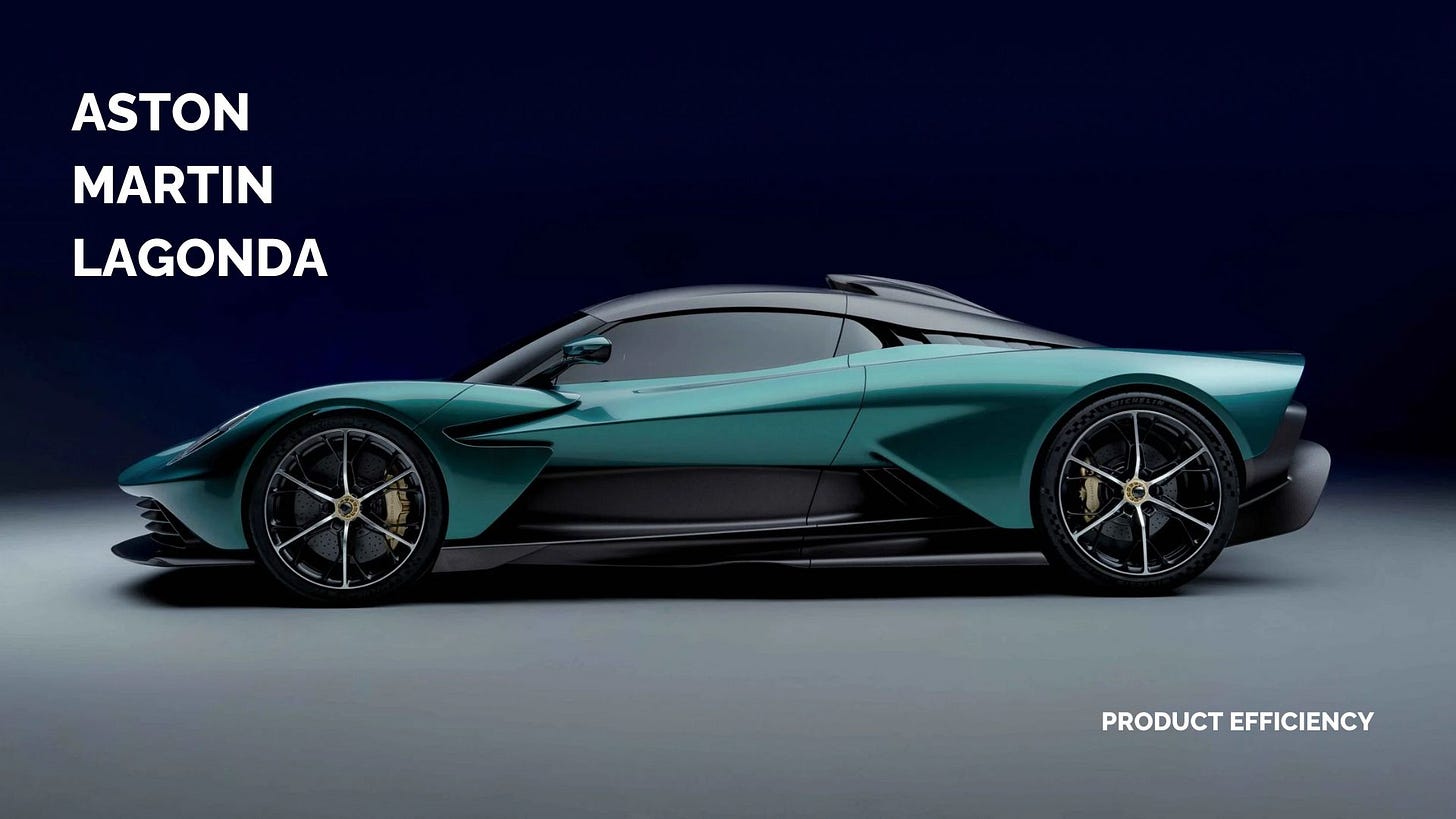Which Major Brands Still Care About Sustainability?
Our latest research, the Chief Sustainability Officer Report, identifies six major sustainability strategies currently driving corporate action and offers insights into these practices.
At PSFK, we believe true sustainability leadership comes from authentic, actionable strategies. Our new report provides a clear, practical overview of the enterprise-level approaches that help companies genuinely advance their sustainability objectives and prepare for emerging opportunities.
Available as a download today, this spring issue of PSFK's Chief Sustainability Officer Report delivers comprehensive analysis, compelling corporate case studies, and direct insights from a study of over 250 earnings calls made in the first three months of 2025. Our research identifies six key strategies corporations are prioritizing to achieve meaningful sustainability outcomes, alongside thoughtful exploration into how these strategies might evolve in the coming years. Essential for sustainability leaders, corporate strategists, and any organization committed to impactful environmental and social change, our report also includes detailed analysis of keywords and phrases used by successful executives during corporate announcements.
Which Companies Are Leveraging Sustainability Practices to Make Change?
Living in volatile times, it’s easy to assume that corporations are divesting themselves of environmental responsibility. However, our research finds that companies maintaining their commitment leverage opportunities to build better businesses that are resilient to change and attractive to customers. The Chief Sustainability Officer Report features selected corporate case studies exemplifying key sustainability strategies.
Aston Martin
At PSFK, we feel that executives should view the electric vehicle evolution as a curriculum of lessons about making products efficient and sustainable. Aston Martin Lagonda is a class on enhancing product efficiency by integrating sustainable materials into its vehicle manufacturing. The company is exploring the use of ecological aluminum alloys produced entirely with renewable energy sources and offers vegan, leather-free interior options, providing customers with environmentally conscious choices and reducing the overall environmental impact of their vehicles.
L'Oréal
PSFK researchers found that L'Oréal is making significant progress in adopting renewable energy, reaching 97% renewable energy usage across its global sites as of 2024, and is well on track to achieving 100% renewable energy by 2025. This transition includes specific regional successes, such as reaching 100% renewable energy in the South Asia Pacific, Middle East, and North Africa regions by the end of 2023. In the U.S., L'Oréal has significantly invested in solar power at its North Little Rock and Florence facilities, resulting in substantial CO₂ emissions reductions. Additionally, renewable natural gas projects, such as those capturing methane from landfills, further underscore L'Oréal's commitment to sustainability and carbon neutrality across its operations.
Samsung
Samsung Electronics actively promotes recycling and circular economy practices by integrating recycled materials, including plastics sourced from waste wafer trays and cobalt extracted from used Galaxy smartphone batteries, into its products such as the Galaxy S25 series. The company also designs products for enhanced durability and repairability, extending their lifecycle. Additionally, Samsung runs extensive global e-waste collection initiatives aiming for ambitious recycling targets by 2030 and 2050, significantly contributing to sustainability goals.
adidas
Adidas has actively advanced recycling and circular economy practices through initiatives such as the New Cotton Project, which concluded in March 2024 and successfully demonstrated chemical recycling technology to enhance the circularity of cotton textile waste. Since 2024, Adidas has significantly transitioned to using recycled polyester, emphasizing sustainable materials, extending product lifespan, and reducing environmental impact. This commitment has been recognized by CDP, upgrading Adidas to their 'A' climate rating.
Allbirds
Allbirds prioritizes sustainable sourcing by utilizing natural materials obtained through responsible practices. The company emphasizes strategic sourcing and innovative product development as core components of its sustainability approach. Allbirds has set ambitious goals to reduce raw material use by 25% across all products and aims for 75% of materials to be sustainably sourced naturally and recycled by December 2025.
Beyond Meat
Beyond Meat emphasizes transparency by publishing detailed life cycle assessments that clearly demonstrate the environmental advantages of its plant-based products, such as reduced greenhouse gas emissions, water usage, and land use compared to traditional meat. The company further underscores its commitment to product integrity and consumer trust through credible endorsements from respected organizations like the American Heart Association, American Diabetes Association, and the Clean Label Project, highlighting the health and safety benefits of its products.
If strategies like these are important to your business, download the report and equip your team with insights and clarity to drive authentic and meaningful sustainability progress.











